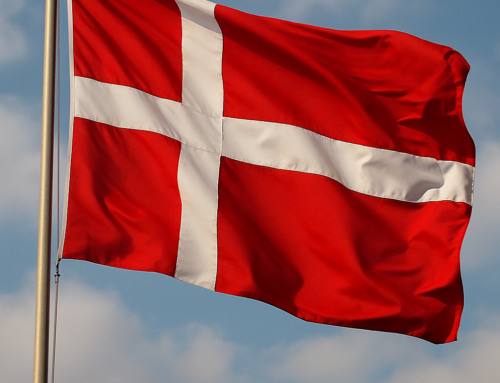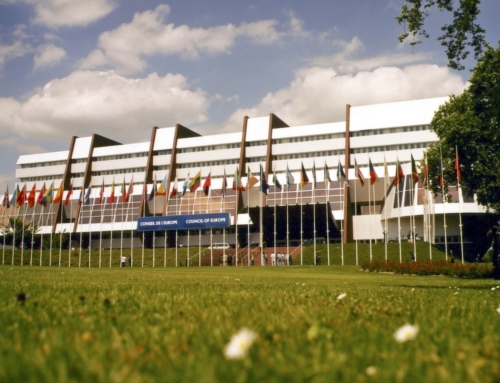18 November 2021
On the European Day on the Protection of Children against Sexual Exploitation and Sexual Abuse, the Council of Europe reminded the European countries of their international commitment when it comes to the fight abuse against children, enshrined since 2007 in the Council of Europe Convention on on the Protection of Children against Sexual Exploitation and Sexual Abuse, known as the Lanzarote Convention. This year topic was “Making the circle of trust truly safe for children”, stressing the need to break the silence surrounding child sexual abuse.
The question of trust also applies to the tools available to children, with first and foremost their access to Internet. Most children, and at an earlier age, use their online devices on an almost constant basis. However, online activity can expose children to risks such as cyberbullying, access to age-inappropriate content, “self-generated” sexually explicit content (sexting), solicitation for the purposes of sexual exploitation (grooming), and child sexual abuse and exploitation. The COVID-19 pandemic exacerbated these trends, as it led to a further increase in use of online devices by children.
On the occasion of the 2021 update of the 2012 European Union Strategy Better Internet for Children, FAFCE stressed in a public consultation its key concerns and proposals.
As a general principle, FAFCE reiterates its call to empower families, who can be the first, most direct and most efficient actor when it comes to ensure the wellbeing of children, and to assess and remedy to online and offline risks they may face in their life. In addition, FAFCE suggested several points to include in the update of the Better internet for children Strategy, and called the European Commission to:
- Assess the root causes of the increase in child sexual abuse, with a focus on online pornography and the over-sexualisation of children in the media and advertising sectors;
- Address and prevent self-generated sexually explicit contents;
- Effectively deny the access of minors to age-inappropriate content and online pornography;
- Empower parents to prevent, assess and remedy to online risks in the education of their children.
The protection of children should not remain just words but must lead to concrete policies at the EU level. For that reason, FAFCE called the European Commission to initiate several actions:
- Launch an impact assessment on the contribution of online pornography to the creation of harmful stereotypes and criminal behaviours, especially towards children;
- Take legislative action towards limiting the inappropriate sexualised depiction of children in the media and advertising sectors;
- Invest and support preventive campaigns on the risks connected to the self-generated sexually explicit content by children;
- Support educative programs focusing on the affective education of children, as a first step towards an education to adult sexuality, with a special attention given to privacy, intimacy and dignity of one’s body, and the importance of consent and mutual respect in every interpersonal relationship. FAFCE recalls that any educative programs towards children should always be developed and implemented with the agreement of parents, whose primary educative responsibility prevails over any other educative actor;
- Support the effective implementation of the EU Member-States national laws that require them to forbid the access of online pornography to minors. Auto-filled age verification mechanisms are ineffective, and an officially recognised proof of age should be requested when accessing to online pornographic Websites. FAFCE also call the Commission to initiate discussions on a EU-wide ban of the access of children to online pornography;
- Empower parents in their role to prevent, assess and remedy to online risks in the education of their children;
- Adopt a legal instrument at the end of the interim regulation on the use of technologies for the processing of data for the purpose of combating online child sexual abuse, that will not only encourage, but will oblige providers to detect, remove and report any online content of child sexual abuse;
- Opt for a strong EU policy option to fight and reduce child sexual abuse in Europe, with a new legislative proposal on prosecuting offenders, protecting victims and preventing offences plus non-legislative measures, to replace the still largely not-implemented 2011 EU directive on combating the sexual abuse and sexual exploitation of children and child pornography. 23 Member- States are currently under infringement procedures for non-implementation of this EU directive.








